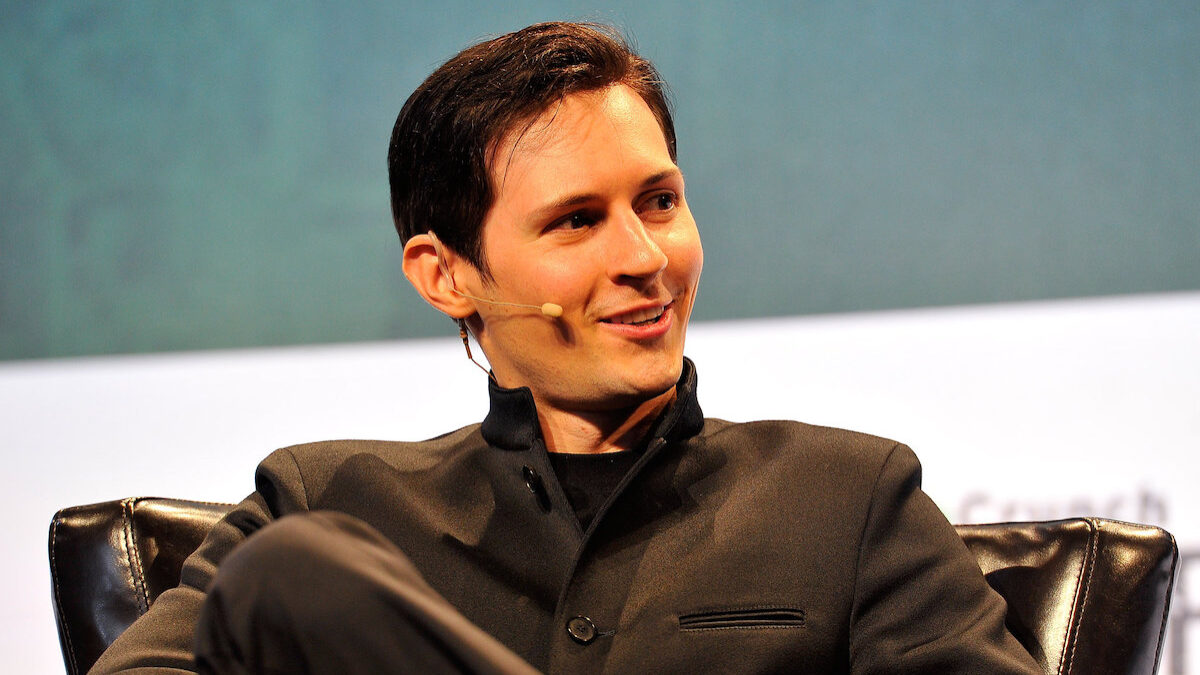
If you were raised in the last thirty years, you’ve heard commencement speakers and self-help gurus tell you to follow your passion and disregard anyone — stodgy parents, uptight teachers, left-brained peers — who would tell you otherwise.
“If you are passionate about it, pursue it, no matter what anyone else thinks,” advises one husband and wife motivational team. “That’s how dreams are achieved.”
“Build your own dreams,” says American businessman and motivational speaker Farrah Gray, “or someone else will hire you to build theirs.”
To succeed, Steve Jobs said, you should do what you love.
Uh, no. This all sounds wise, but it’s a better fit for speeches than it is for either a competitive job market or for the pursuit of happiness. Call it the follow-your-passion myth.
Taken as career advice, “follow your passion” implies one of three things:
- What you want to do right now will match what someone will pay you to do.
- People ought to pay you to do whatever you want to do.
- People should be forced to pay you to do whatever you want to do.
The first assumption is dumb. The second is dumber. And the third is evil.
Sure, it’s a free country. If your idea of the good life involves writing blog posts about the extraterrestrials that control the UN, go for it. Just don’t expect anyone to pay you, unless there’s a market for this waiting to be filled.
Fleeting Passions
The follow-your-passion myth also assumes that our “passions” are fixed — that we just find ourselves with them, perhaps inscribed in our genes or etched on our brains. In the real world, our interests wax and wane with our experiences and choices. They rarely provide the grist that sustains a career over the long haul.
When I was a kid, I had many passions that I thought would lead to great riches. For a while I wanted to be a heart surgeon, then an inventor, and later a rock musician (the latter one still lingers). I watched a TV show on heart surgery, read some books about the human heart, and bingo! — I had a passion for cardiology. Later on, I got a subscription to National Geographic World. The magazines came with poster inserts of oceans, whales, sharks, and dolphins. I hung them on my wall and soon imagined life as an oceanographer. The problem was, I lived thirteen hours from the nearest ocean and thought the career would allow me to live in pods on the sea floor, swim with dolphins, and discover long-lost treasures.
These passions weren’t wholly frivolous. Music was a major part of my life for years, but I always doubted it was a viable career path. Perhaps I could have been a heart surgeon or oceanographer, but only if I had gotten good enough to help others, not because I had followed my fleeting passion.
Missing Out On Meaning
Mike Rowe of “Dirty Jobs” skewers this passion myth in a popular video from Prager University. He compares the rare musical stars such as Lady Gaga to the many thousands of passionate but deluded souls who show up every year for American Idol auditions, just because they lack friends honest enough to tell them that they can’t carry a tune. Rowe offers, in contrast, “the dirty truth”: “Just because you’re passionate about something doesn’t mean you won’t suck at it.” If you base your career plan on a passion, Rowe argues, you might fail to find work that is truly meaningful.
And what do you do if you aren’t passionate about anything? This is a growing epidemic among college graduates. Should they just join the welfare rolls, or maybe lobby for a mandatory income paid for by someone else?
In one episode of “Dirty Jobs,” Rowe tells the story of Les Swanson, a multimillionaire septic tank cleaner from Wisconsin who explains “the secret to his success.”
“I looked around to see where everyone else was headed,” Swanson told Rowe, “and then I went the opposite way. Then I got good at my work. Then I began to prosper. And then, one day, I realized that I was passionate about other people’s crap.”
That, my friends, is much closer to the secret of the American Dream in any age than a thousand treacly tidbits from that guy on the TED stage who tells you to follow your bliss. In “Dirty Jobs,” Rowe focused on the work of skilled and semiskilled tradesmen. Over and over, he found stories of people “who followed opportunity, not passion, and prospered as a result.” This truth is hardly unique to the blue-collar sector. It’s sound advice for anyone who hopes to achieve the American Dream.
Learn To Love What You Do
Les Swanson didn’t start out enthralled by excrement. Did he just toughen up and learn to do what he hates? No. Studying how best to clean septic tanks is surely in one of Dante’s circles of hell. No sane person would commend it as an adventure in itself. If no one needed his service, Swanson would have hated it. It was the fact that he found a way to meet the needs of others while meeting his own and his family’s needs that gave the work meaning. Passion wasn’t so much the foundation of his career as its outcome.
In “The Human Advantage,” I tell a similar story about an entrepreneur named Danielle Tate. Tate launched a website to help brides-to-be change their last name with only a half hour of work. But her original passion was biology and medicine. It was only after med school rejection, two jobs, a planned marriage, and three irritating trips to the DMV that she discovered how hard it was to change her last name.
This put fire in her belly. She then immersed herself in HTML, internet tech, the sociology of name changing, and the DMV procedures in all fifty states and the District of Columbia. Why did she study these subjects? Not because she found them fascinating, but because they were the means to her chosen end: to help other women avoid the frustration she had endured. A successful entrepreneur must be willing to study mountains of boring stuff to solve a problem for other people. A preexisting passion has little to do with it.
As a rule for success, “Learn to love what you do” is much better advice than, “Do what you love.”
Of course, that rule doesn’t answer every question. What if you end up in a job you realize you despise and surely always will? What if you have a cruel boss and coworkers? What if the service you provide violates your conscience? What if you thought you’d found a good career fit but then realize you stink at it no matter how hard you try? Do you just have to suck it up? In some countries and centuries, the answer would have been “Yes, sorry, you don’t have a choice.” But most of us have far more options.
You do too. But don’t use that an excuse to just follow your passing passion or wander aimlessly until you find one.
Targeted Altruism
Look for ways to channel your sense of calling, your skills and interests — whatever they are — into an area of unmet need. Search, by trial and error if you have to, until you find an overlap between what you think you might do well and what other people need or might want if it existed. When you find the overlap, then work to fulfill that need better than your competitors do. That’s altruism. The virtue is not just for aid workers and the Sisters of Charity.
Cultivate this desire to meet other people’s needs, and then the passion and, more importantly, the happiness will come. That passion and happiness will, in turn, make you better at what you’re doing. This may start as a sheer act of the will — like Les Swanson cleaning septic tanks in Wisconsin and Danielle Tate calling every DMV in the country. But keep at it and the work will grow into a habit, then a passion, and eventually a virtue.









